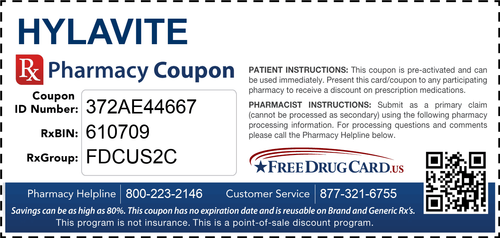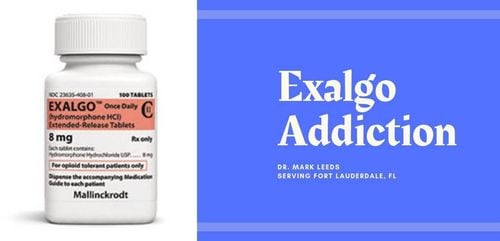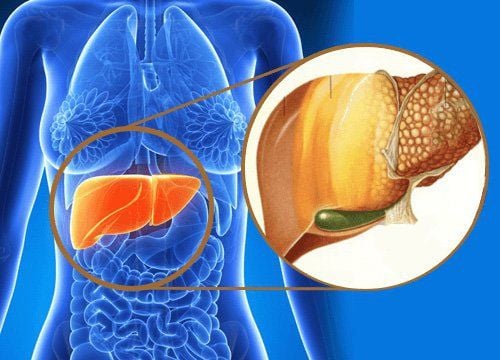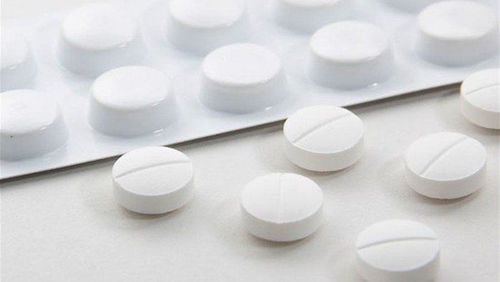This is an automatically translated article.
The article is professionally consulted by Master, Doctor Hoang Thi Hoa - Cardiologist - Department of Medical Examination and Internal Medicine - Vinmec Ha Long International General Hospital.Moderate alcohol consumption with an average of one to two drinks per day for men and one drink per day for women can provide health benefits. However, drinking too much alcohol increases the risk of many diseases in general and cardiovascular disease in particular, including high blood pressure, obesity, stroke, breast cancer, liver disease, depression and even addiction. alcohol.
1. What effect does drinking alcohol have on the heart?
The heart and blood vessels form a complete circulation of the cardiovascular system. Blood is pumped from the heart around the body, by flowing in the arteries, to each cell by capillaries, and back to the heart by veins. The role of the blood is to deliver nutrients and oxygen to the organs, including alcohol when absorbed directly into the bloodstream mainly through the stomach and small intestine.
The cardiovascular system cannot avoid the effects of alcohol. At the time of ingestion, alcohol can cause a temporary increase in heart rate and blood pressure. In the long run, drinking alcohol causes a persistent increase in heart rate, high blood pressure, weakened heart muscle, and irregular heartbeat. All of which can increase your risk of developing an alcoholic heart attack and stroke.
The following are cardiovascular problems caused by alcohol:
1.1. Increased heart rate Heart rate is the number of times the heart beats per minute. The alcohol in alcohol can make the heart beat faster, reducing the time it takes for the heart to rest between beats.
Studies have found that regular heavy drinking can cause episodes of tachycardia. Complications from tachycardia will vary depending on the frequency, duration, and severity of each type of arrhythmia. However, if the state of tachycardia persists for a long time, it will quickly cause heart muscle failure. At the same time, blood clots that form when blood builds up in the heart during a tachycardia can lead to a heart attack or stroke.
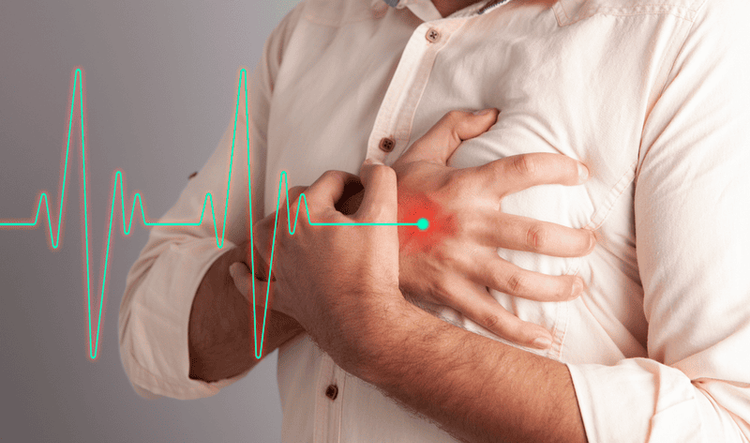
Uống rượu bia làm tăng nhịp tim
1.2. Hypertension Blood pressure is a measure of the pressure of blood on the walls of blood vessels. High blood pressure is when blood is pumped with more force than usual through the arteries. This condition causes hardening and thickening of the artery walls, which is a risk factor for angina and cerebral infarction.
Drinking alcohol in one sitting can cause a temporary increase in blood pressure, and regular drinking increases blood pressure due to alcohol. Treatment now has shown that reducing alcohol intake can lead to an improvement in blood pressure.
1.3. Heart failure The heart is very important in transporting oxygen and nutrients to the organs in the body. To achieve this, the heart needs to contract continuously to put pressure on the blood to circulate around the body and make sure it only flows in one direction. The frequency and force of the myocardial contractions are adjusted depending on the needs of the body and overcome the resistance of the external artery wall. Anything that damages the structure and function of the heart muscle will lead to heart failure.
Among them, alcohol is an important cause. Alcohol-induced dilated cardiomyopathy results in weakened heart muscle that causes the four chambers of the heart to expand. From there, the force of contraction of the heart during each stroke becomes weaker, which makes it more difficult for blood to circulate throughout the body. Cardiomyopathy can eventually lead to congestive heart failure, which is when the heart doesn't pump enough for the body's needs. Patients are prone to respiratory failure, circulatory collapse and death.
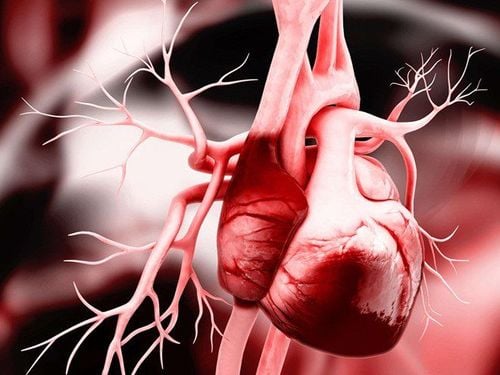
Suy tim sung huyết do sử dụng rượu
1.4. Irregular heartbeat Any change in heart rhythm is called an arrhythmia. This group of pathologies occurs due to changes in the electrophysiological system of the heart, which can be caused by blocked signal conduction, abnormal pathways, or overstimulated cardiac cells. Some common arrhythmias include the heart beating too slow or too fast or irregular heartbeat. In some cases, arrhythmias can cause cardiac arrest and stroke.
The occurrence of acute arrhythmias, of which atrial fibrillation is the most common, has been found to be due to alcohol. This pathology is more frequent after weekends or holidays like Christmas or New Year when alcohol consumption is higher than the rest of the year. As a result of episodes of atrial fibrillation, blood is pooled in the atria and prone to blood clots. If the thrombus accidentally enters the circulation, it will cause a blockage such as a blockage in an artery in the brain causing an ischemic stroke, similar to a myocardial infarction, a limb infarction.
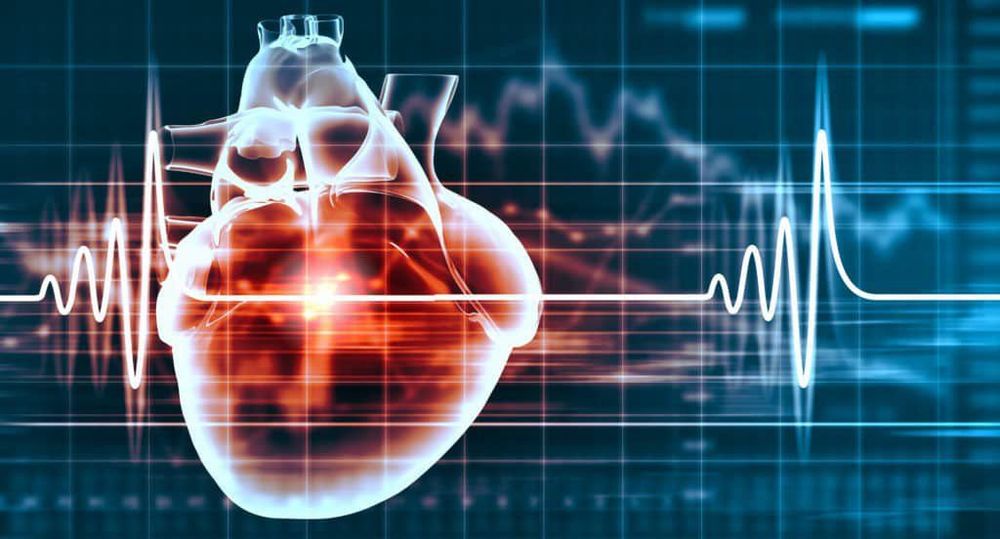
Nhịp tim không đều có thể xảy ra khi sử dụng rượu bia
2. What cardiovascular diseases can be caused by alcohol?
2.1. Myocardial Infarction Your heart muscle requires a constant supply of oxygen and nutrients to generate energy for continuous contraction. A heart attack occurs when an artery that feeds the heart muscle is damaged or completely blocked. As a result, an area of the heart is ischemic and causes an infarction. The cause of the blockage in the vessel lumen is usually the long-term accumulation of atherosclerotic plaques with the main composition of fat and cholesterol.
Drinking too much alcohol can increase blood lipid levels. People with dyslipidemia often have high levels of bad cholesterol and low levels of good cholesterol. Accordingly, the bad cholesterol will go to clog the coronary arteries and if a plaque breaks off, forming a thrombus will cause the patient to have a heart attack due to myocardial infarction.
2.2. Brain stroke Alcohol consumption can increase the risk of both types of stroke. Any type of stroke results in disruption of blood flow to the brain parenchyma and can lead to loss of motor and sensory function in an area of the body dominated by this brain area. Furthermore, stroke can also impair the function of organs such as breathing, digestion and urinary tract.
Ischemic stroke: Like a heart attack, an ischemic stroke occurs when an artery that supplies blood to the brain parenchyma is blocked. This blockage can result from a blood clot forming in an artery or from the sloughing of atherosclerotic plaque.
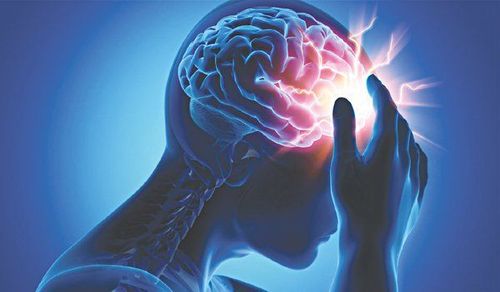
Tình trạng đột quỵ não
Alcohol is a risk factor for ischemic stroke because it can:
Promote the formation of blood clots in the heart due to irregular heartbeat and or because the heart muscle weakens causing blood to pool Causing high blood pressure, causing atherosclerotic plaque on the artery wall to peel off and break off, leading to blockage of the artery behind it Increases bad cholesterol levels in the blood and thereby increases the risk of atherosclerosis Hemorrhagic stroke: A hemorrhagic stroke occurs when an artery supplying an area of brain parenchyma ruptures and blood within the vessel is spilled.
Alcohol increases the risk of hemorrhagic stroke because it is a risk factor for high blood pressure. High blood pressure can create weak spots in the artery walls, including those in the brain, that can easily burst blood vessels when the pressure rises suddenly.
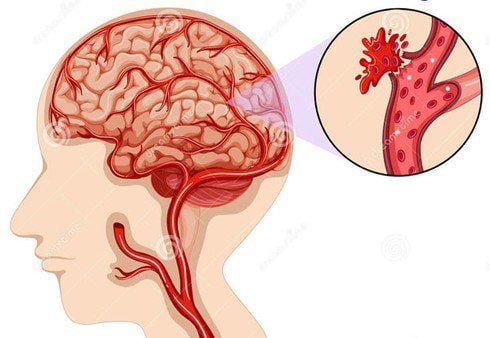
Đột quỵ xuất huyết mạch mãu não
3. Is red wine really good for heart health?
If you have never used alcoholic beverages such as beer, never use these drinks for the purpose of protecting health even with the allowed dosage. And this also applies to red wine when it is an alcoholic similar to regular beers.
There is some research showing that drinking alcohol in light and moderate amounts has benefits for general health and reduces mortality. However, no studies have yet demonstrated a causal link between alcohol consumption and better heart health. Indeed, components in red wine such as flavonoids and other antioxidants have the potential to reduce the risk of heart disease, but they can also be found in other foods such as grapes or red grape juice or berries. blueberry. At the same time, controlled wine drinkers tend to have a healthier diet and lifestyle – including a variety of physical activity and lots of fruit and vegetables.

Rượu vang đỏ có chứa cồn
Besides, for some people, drinking seems like a way to deal with stress. However, there are many other healthy alternatives to alcohol to regulate mental health such as being physically active, eating healthy foods, getting enough sleep, practicing meditation and maintaining a positive attitude, love life.
In short, regularly drinking alcohol is something that should be avoided to protect health and prevent cardiovascular diseases. Besides, a little controlled drunken yeast in moderation will sometimes help people be more excited and love life.
To screen for cardiovascular diseases in a comprehensive and effective way, Vinmec International General Hospital currently offers Cardiovascular Screening Packages, with a team of highly qualified, experienced and trained doctors. repertoires; superior quality medical equipment and professional services of international standards.
Master. Hoang Thi Hoa has more than 10 years of experience in the field of Cardiology, especially in the field of cardiovascular emergency and echocardiography. Doctor Hoa used to be the Deputy Head of Cardiology Department of Quang Ninh General Hospital before working at Vinmec Ha Long International Hospital.
If you notice unusual health problems, you should visit and consult with a specialist.
Please dial HOTLINE for more information or register for an appointment HERE. Download MyVinmec app to make appointments faster and to manage your bookings easily.




